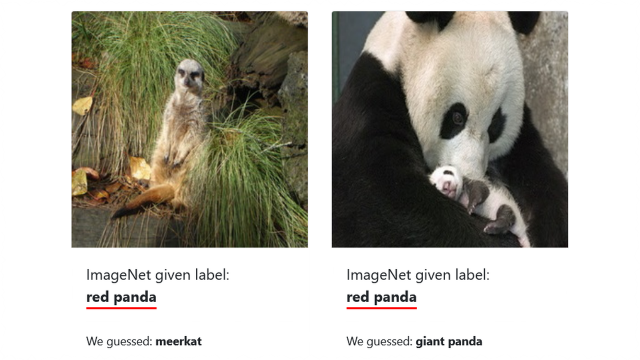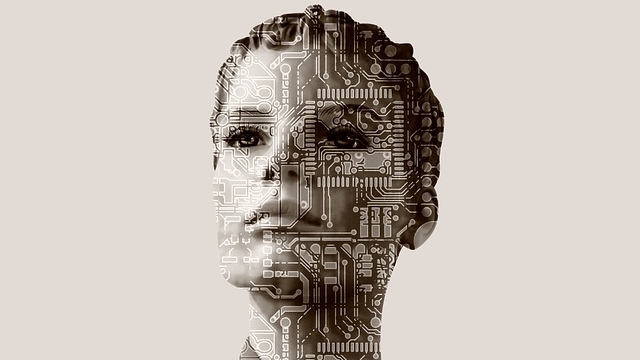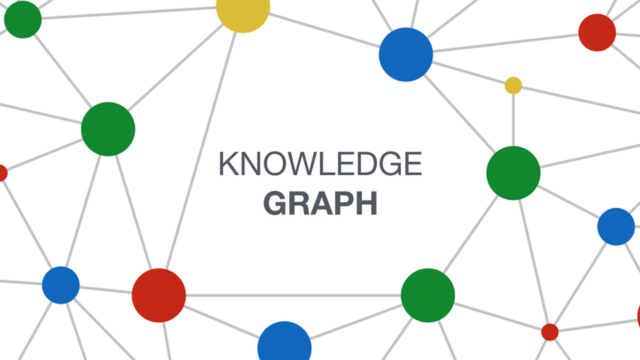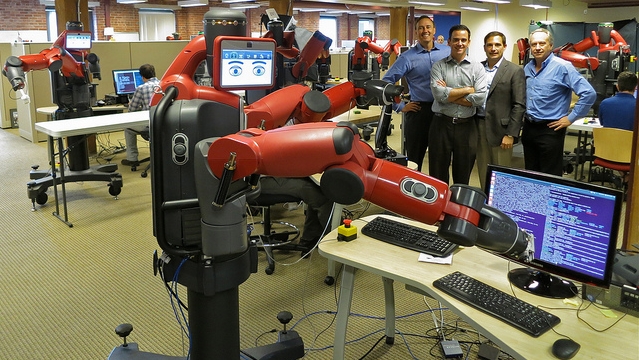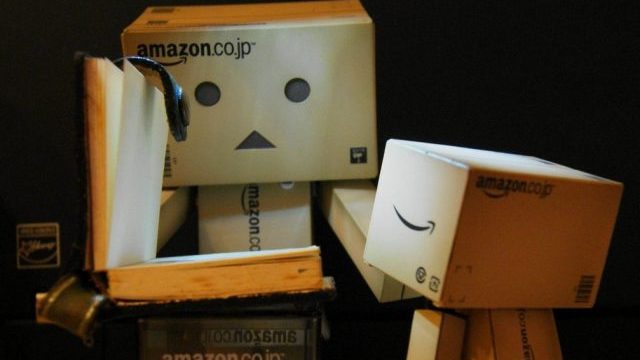
What can machines do today?
Originally posted on The Horizons Tracker.
I wrote recently about a new paper from the Centre for Labour Market Studies at the Higher School of Economics in Russia, which examined historical evidence of the impact of technology and automation on the labor market.
There has been a growing trend of doomsday scenarios over the past year, many of which took their cue from the notorious work of Carl Frey and Michael Osborne, who predicted vast numbers of job losses due to technology. Their work has been widely criticized because they conflated the ability for technology to perform a part of someone’s work, with the ability for technology to do their entire job.
So what can machines do today? That was the question posed in a recent paper1 by Carnegie Mellon University’s Tom Mitchell and MIT’s Erik Brynjolfsson. The pair use 21 criteria to evaluate whether a task can be performed by machine learning (ML).
“Although the economic effects of ML are relatively limited today, and we are not facing the imminent ‘end of work’ as is sometimes proclaimed, the implications for the economy and the workforce going forward are profound,” they say. “The skills people choose to develop and the investments businesses make will determine who thrives and who falters once ML is ingrained in everyday life, they argue.”
What can machine learning do?
Tasks that are especially amenable to machine learning are typically those that involve an awful lot of data. We’ve already seen numerous examples of this in action, not least in areas such as healthcare, where algorithms that are trained on vast quantities of data are able to outperform trained clinicians. The authors are at pains to point out that this doesn’t mean that those professionals will be out of job however.
“I think what’s going to happen to dermatologists is they will become better dermatologists and will have more time to spend with patients,” they say. “People whose jobs involve human-to-human interaction are going to be more valuable because they can’t be automated.”
It stands to reason therefore, that tasks that are already performed online are something that machine learning can do well today, whilst those that require personal or physical skills are much less so. Likewise, if decisions need to be made quickly, then ML can certainly do this, but it struggles more with long chains of reasoning or common sense.
There are also clear limitations in the ability of ML to actually explain the decisions it came up with, and we’re not just talking the kind of ‘show your workings’ that might be required from a regulatory perspective. Whilst it can detect cancer well therefore, it’s likely that the doctor will do a much better job of explaining why the patient has cancer.
It seems that there is a great deal of misunderstanding at the moment about just what kind of impact technology might have on society, and so long as that misunderstanding exists, it will be difficult to construct suitable policy responses. Whilst not a full answer in itself, papers such as this one do provide a more balanced contribution to the debate, which is to be welcomed.
“Although there are many forces contributing to inequality, such as increased globalization, the potential for large and rapid changes due to ML, in many cases within a decade, suggests that the economic effects may be highly disruptive, creating both winners and losers,” the pair conclude. “This will require considerable attention among policy makers, business leaders, technologists and researchers.”
Article source: What can machines do today?
Image source: Telling a story or up to something? by Gisele Pereira is licenced by CC BY-SA 2.0.
Reference:
- Brynjolfsson, E., & Mitchell, T. (2017). What can machine learning do? Workforce implications. Science, 358(6370), 1530-1534. ↩

